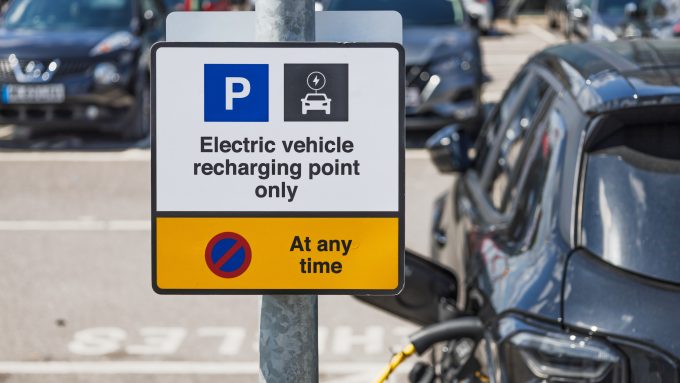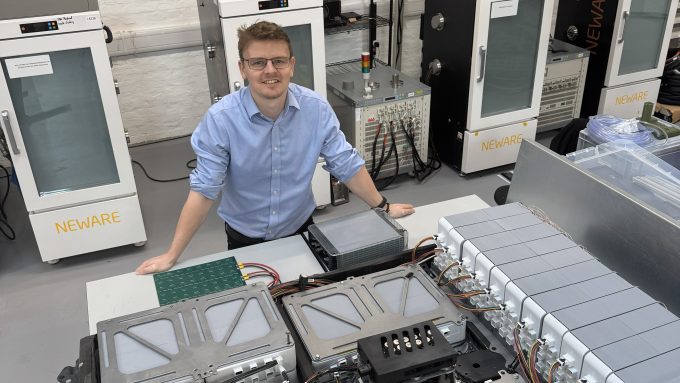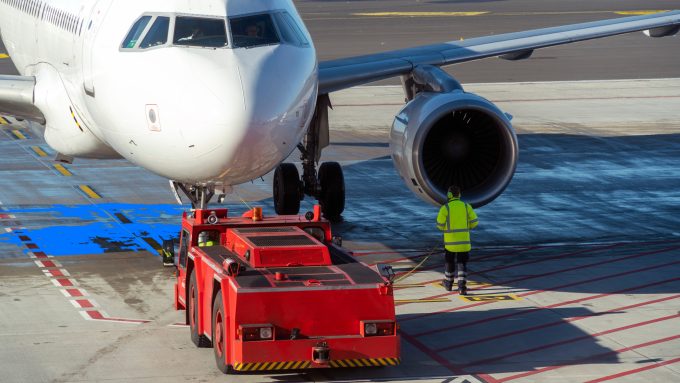
Launched in May 2019, the IfCA programme ran for 22 months and was funded by the UK government’s Newton Fund. The goal of the programme was to work with innovative businesses, local authorities, academics and civil society organisations to develop interventions which have the potential to improve air quality. This included supporting the government of India’s FAME scheme to accelerate the adoption of electric vehicles as well as trialling and demonstrating other activities which drive positive changes in urban air quality.
Our approach
Throughout the IFCA programme, Energy Systems Catapult and Connected Places Catapult identified market opportunities in Bengaluru, India for collaboration between UK and Indian small and medium-sized enterprises (SMEs) operating in the air quality and EV transition sectors. In order to ensure that the Catapult efforts are focused in the right areas, the IfCA programme commenced with extensive engagement activities and workshops with Indian stakeholders to identify some of the critical EV and air quality challenge areas for Bengaluru. Following identification of these challenge areas, the Catapults’ launched an open call to find Indian and British SMEs who could deliver innovative solutions and were willing to be part of an urban “testbed” – an area of the city which has acted as an experimental ‘canvass’ upon which innovative interventions can be tested and evaluated. The aim of the Clean Air Testbed was to enable the introduction and early adoption of the selected EV and air quality products and services by deploying them in real-life environments for up to 6 months from October 2020 through to March 2021. For the selected innovators, the testbed formed a safe space to test interventions in real life conditions, understand their impact, and interact with stakeholders in order to further develop their products and services – as well as showcase the efficacy of the solution to prospective partners and customers.

Partners
From the UK end, the IFCA programme was funded by Innovate UK, part of UK Research and Innovation (UKRI), through the Newton Fund and delivered by Energy Systems Catapult, Connected Places Catapult and Satellite Applications Catapult. From the India end, it was a partnership of matched resources with various organisations in India, including:
- Bengaluru Traffic Police
- Climate Centre for Cities (c-cube)
- CSTEP
- C40 Cities
- Citizens for Sustainability
- Confederation of Indian Industry
- Directorate of Urban Land Transport, Bengaluru
- Enzen
- Everything Eco
- EY
- Fields of View
- Global Business Inroads
- HSBC
- India Energy Storage Alliance
- Indian Institute of Science
- Indian Institute of Information Technology, Benagluru
- India National Institute of Urban Affairs
- India Smart Grid Forum
- Karnataka State Pollution Control Board
- Niti Aayog
- Project Lithium
- Quanzen
- Rocky Mountain Institute
- SELCO Foundation
- Sensing Local
- Shakti Sustainable Energy Foundation
- Shell E4 Programme
- TechUK
- The Automotive Research Association of India
- UK India Business Council
- Urban Morph
- Valluri Tech Accelerators
- World Resources Institute





